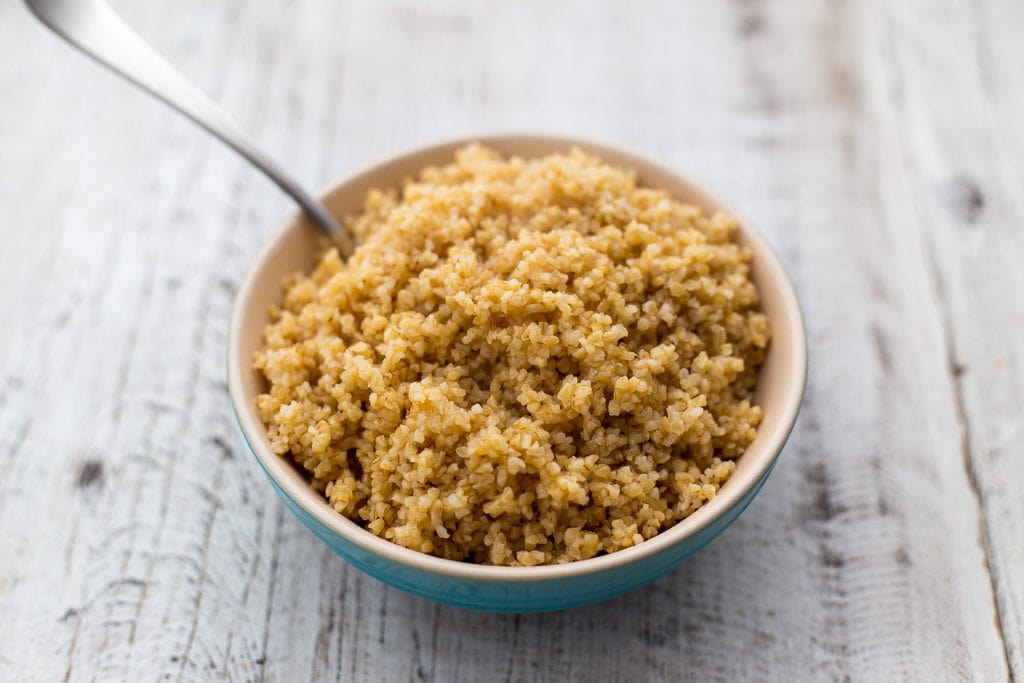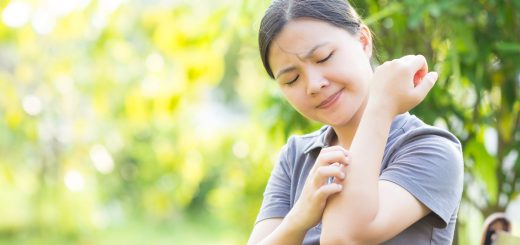Best Sources of Plant-Based Protein
Protein plays an essential role in building muscles, strengthening bones, and protecting the immune system, so it must be included in all meals of the day in sufficient amounts. To stay fit and maintain a healthy weight, it is recommended to consume 1 gram of protein per kilogram of body weight per day. This is true even if you do not exercise regularly or have a sedentary job. Athletes, the elderly, and pregnant and lactating women also need to consume more protein, with the optimal daily intake being about 2 grams per kilogram of body weight.
Can’t consume meat and dairy products? That’s not a problem. You can also get protein from a purely plant-based diet. Here are some plant-based protein-packed foods that can be useful for vegetarians, vegans, those trying to lose weight, or simply those who need to consume adequate amounts of protein.
Pumpkin Seeds
Pumpkin seeds are often found in the garbage after digging up and are unfairly neglected. After all, they contain 30.5 grams of protein in 100 grams. By consuming these, you can quickly achieve your daily protein intake. So, what are you waiting for? Run to the store and get them!
Green Peas
A small miracle that is exactly what green peas are. They contain about 8 grams of protein and are rich in vitamin K. One cup provides 44% of the recommended daily intake. It is also famous for its high dietary fiber, folate, and other healthy vitamins and minerals.
Quinoa
Quinoa is an essential part for anyone who values a balanced diet and a healthy lifestyle. One cup of this perfect superfood contains about 20 grams of protein, making it an ideal meat substitute.
Asparagus
Asparagus is also a rich source of protein and vitamins. Thanks to its antioxidants, it is also effective in preventing cancer and is used as an aphrodisiac.

Asparagus
Whole Grain Pasta
Most people only consume pasta as a carbohydrate bomb. We don’t get many beneficial substances from pasta, and it is definitely not appropriate for a diet. However, this is not the case if you eat the whole grain version of your favorite pasta in moderation. One cup of cooked whole-wheat pasta contains a whopping 7.5 grams of protein, and Chickpea pasta also includes a high amount of protein.
Spinach
Get stronger with this green miracle. In terms of nutrition and nutrients, spinach is one of the best leafy greens you can eat; one cup of spinach contains 5 grams of protein and 181% of the recommended daily intake of vitamin K, making it a great alternative to meat.
Bulgur
Bulgur is definitely on the list of foods for a healthy lifestyle. Made from wheat semolina, this cereal contains 12 grams of protein per 100 grams and an amazing amount of vitamins and nutrients. It is frequently found in Indian cuisine and we hope that it’ll appear in your dishes as well!

Bulgur Wheat
Soybeans
Soybeans are an excellent alternative to meat and other animal products because they are a healthy source of complete protein (36 grams) compared to animal protein sources. Soybeans are widely consumed in Asian countries (tofu, tempeh, miso), and soy is now used in foods such as soy yogurt/cream cheese, soy milk, meat substitutes, and vegetarian products.
Spirulina
This blue-green algae is an excellent source of protein (60 grams) and contains many vitamins, minerals, and essential fatty acids that the body needs. Spirulina has anti-inflammatory properties and contributes to good health because it is rich in antioxidants that protect the body from harmful substances.
Spirulina is often sold in powder form and can be added to smoothies and soups to increase the protein content significantly. One tablespoon of spirulina provides about 5 grams of complete protein.
What do you primarily consume for your protein intake? Let us know in the comments below!



